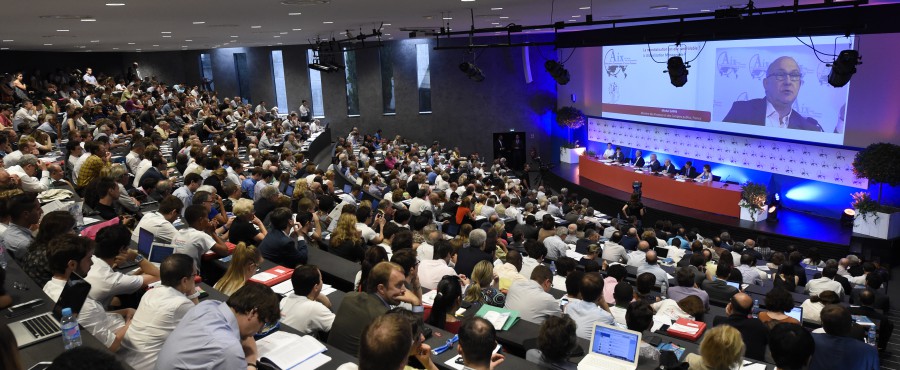5 Jul 2015
The Global Labour Market faced with the Risk of Protectionism
Debate 5

Must the labour market be protected from international trade, offshoring and even international migration? With the emergence of new industrial powers for an abundance of cheap labour (and particularly unskilled), the competition between workers in advanced economies and this new labour supply is often interpreted as the cause of problems experienced in our labour markets. So do we need to protect ourselves? Set up obstacles for bringing cheap labour into our imports of goods and services? Should we discourage offshoring by our companies in favour of seeking new markets and also lowering production costs? Should the immigration of foreign workers be stopped? In 1995, Nobel Prize-winner Paul Krugman argued the thesis that it was technological progress, rather than trade, which drove the increase in income inequality. The effects of intersectoral specialisation predicted by the theory was insufficient to account for the variation observed in the differences between skilled and unskilled wages. Two decades later, it is clear that the diagnosis must rather be qualified: a split in value chains leading to an increased demand for skilled labour even in low-income countries, a shift in jobs within industrial jobs rather than between sectors, and finally a polarisation of wages at the expense of the middle classes. Although international trade can help redistribute earnings or boost employment in some advanced economies, it imposes massive resource reallocations, not only between sectors but also within them. Our companies and institutions must be prepared.

